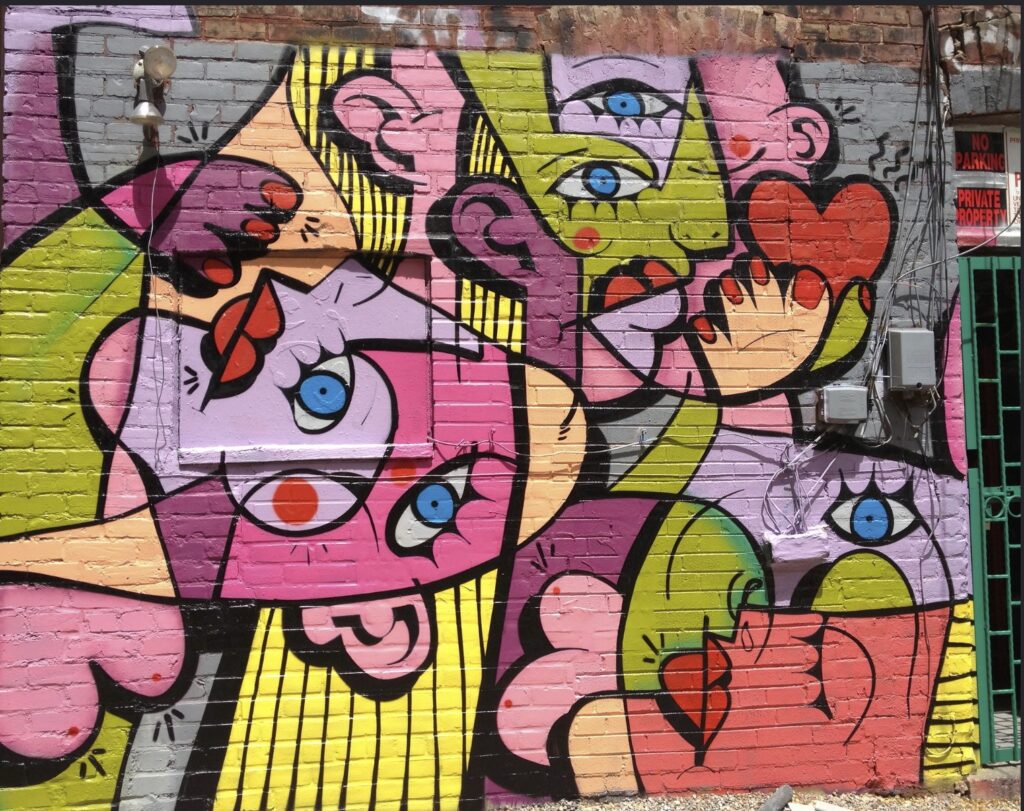
Diaxporas is composed of a group of scholars based at York University, public historians, archivists, librarians, and community members who produce and disseminate knowledge of Canada's migrant and diasporic communities’ histories, memories, and interactions with one another and with the general society. It develops collaborative research projects and creates opportunities for sharing resources and expertise; promotes innovative teaching and student and public engagement; and facilitates the preservation and increased accessibility of historical records and artifacts by public archives and museums. It organizes academic conferences, produces edited volumes, develops digital and public history initiatives (i.e., podcasts, exhibitions, public panels), and other knowledge mobilization initiatives in collaboration with community partners.
Rationale
Amid a national reckoning over the legacies of settler colonialism and the repudiation of its doctrine of discovery; policy discussions about the impact and treatment of temporary migrant workers, international students, and refugees; controversies around transnational political violence and foreign surveillance of diasporic peoples; and the growing number of Canadian expatriates around the world, the study of Canada's many diasporas has taken on a renewed interest. For decades, migration and diaspora scholars, archivists, and public historians have preserved, studied, explained, interpreted, and represented these and other related experiences and phenomena. The enormous output of this prolific field has provided essential insights, broadened and deepened understandings, and offered compelling narratives about migrant and diasporic groups that are critical for making sense of their home and host societies and the local and global contexts in which they exist. Traditionally, scholars in this field have focused on single ethnic, racialized, or (trans)national communities, usually because of their own personal connections with and preexisting knowledge of the groups they study. While detailed research and representation of individual groups will always be important, it can lead to silos that limit the types of questions we ask, the contexts we draw from, the sources we investigate, and leave many blind spots unchecked. No study of the past will ever produce a complete picture. But through dialogue, experts on different groups can engage in richer, more complex, more complete, and more compelling work that reaches a broader audience through collaborative, comparative, and intersectional methods. Besides reflecting on the common, friendly, or antagonistic relationships between various diasporic and migrant groups at different points in history, this dialogic approach might also allow us to reflect on plurinational, pluricultural, cosmopolitan, mixed, intersectional, and muddled experiences that are often hidden in a traditional single-group focus.
Building on its established leadership in diaspora studies and the expertise of faculty and staff in migration history, memory studies, and community-engaged research and public education, York University contributes to these discussions and addresses these pressing challenges. This commitment is evident in existing initiatives, including the development of community history projects and archives, international conferences, digital humanities work, audiovisual production, and other knowledge mobilization work. The Diaxporas Research Cluster coordinates these strengths, fosters interdisciplinary collaboration, and deepens community connections. With a focus on inter-ethnic, inter-racial, and inter-relational collaboration, the cluster remembers, reflects on, and represents the histories of Canada’s diverse migrant and diasporic communities, enriching the public's understanding of their intersecting pasts and presents and how they connect with the rest of the world.
Members
Michael Akladios, Founder & Executive Director Egypt Migrations; Lecturer, History at University of Toronto; m.akladios@utoronto.ca
Alexandros Balasis, PhD Candidate, Department of History, York University; balalex@yorku.ca
Jennifer Bonnell, Professor, History, York University; bonnellj@yorku.ca
Michelle Faux, PhD Student, Art History & Visual Culture, Graduate Associate, York Centre for Asian Research (YCAR), York University; mjfaux@yorku.ca
Gilberto Fernandes, Research Lead / Visiting Scholar, Portuguese Canadian History Project: https://pchp-phlc.ca/, Department of History, York University; pchp@yorku.ca.
Sakis Gekas, Associate Professor; Hellenic Heritage Foundation Chair in Modern Greek History, Department of History, York University; HHF Greek Canadian Archives; agekas@yorku.ca
Natasha Henry-Dixon, Assistant Professor, History, York University; henryn@yorku.ca
William Jenkins, Associate Professor, History, York University; wjenkins@yorku.ca
David Koffman, J. Richard Shiff Chair for the Study of Canadian Jewry; Associate Professor, History, York University; koffman@yorku.ca
Amir Lavie, Archivist at the Archives of Ontario, Collections Development and Management Unit; amir.lavie@ontario.ca
Abril Liberatori, Mariano A. Elia Chair in Italian-Canadian Studies, Associate Professor, History, York University; abrill@yorku.ca
Dennis Moore, Archivist, Multicultural History Society of Ontario, www.mhso.ca; dennis.moore@mhso.ca
Carolyn Podruchny, University Professor, History, York University; carolynp@yorku.ca
Elizabeth Price, Development Manager, Multicultural History Society of Ontario, www.mhso.ca; elizabeth.price@mhso.ca
Anna St-Onge, Librarian and Archivist, York University Libraries, astonge@yorku.ca
Simon Vickers, Archivist and Historian, Archives of Ontario, simon.vickers@ontario.ca
